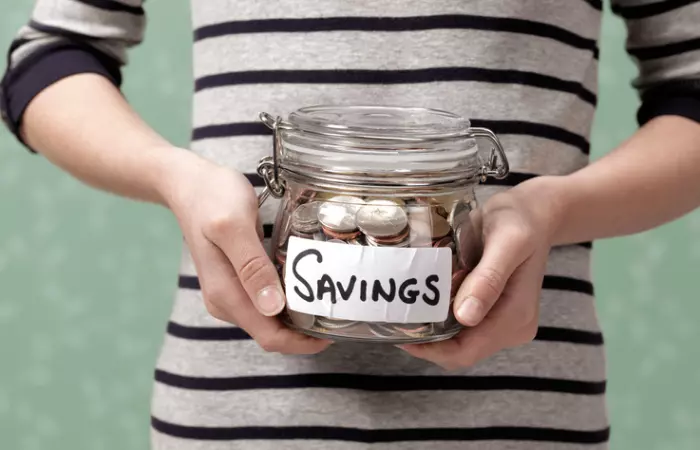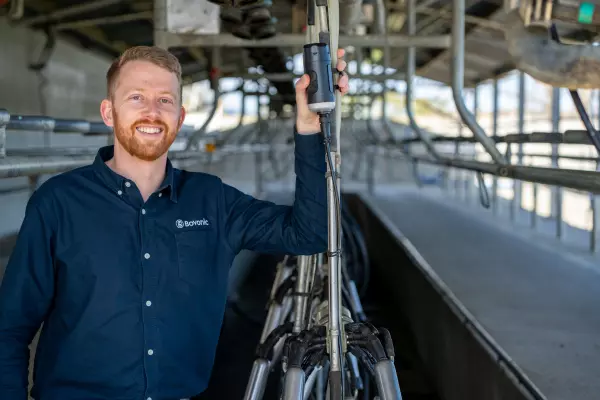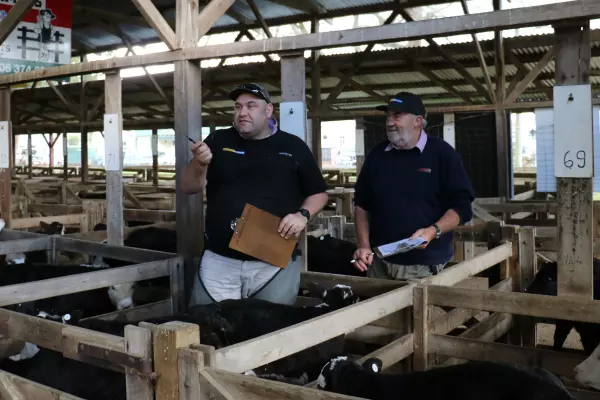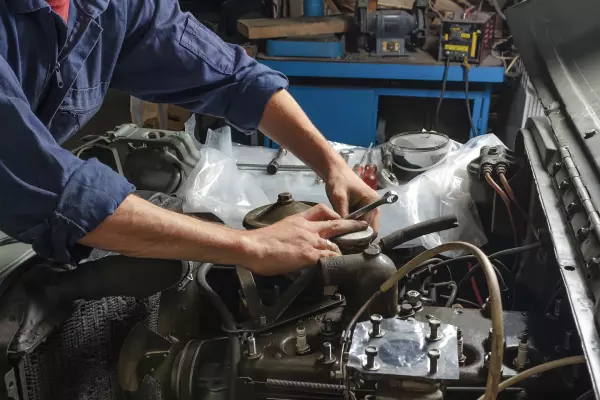BusinessDesk investments editor Frances Cook responds to emails from readers each week to answer questions about money. Below, you will find her expert advice. Send your own questions to [email protected].
Hi,
We are about to become grandparents for the first time.
We would like to invest monthly while we are working (another 10 years) for all our future grandchildren, probably into Sharesies or similar.
How do we make it fair for the grandchild born this year and the potential grandchild born in nine years as the one possibly born in nine years will only get one year of investment?
Do we start an overall grandchild fund and it gets split between them or do we do individual?
Love your podcast,
S
Hi S,
That’s very exciting, good luck on your journey as grandparents. Baby snuggles are the best.
My first thought is that, whatever you choose, it probably won’t be 100% fair. Such is life. What’s important is to have open conversations about what decisions you’ve made, and why.
If you’re able to explain the reasoning behind the decisions you’ve made, it can (hopefully) take out any emotional sting from things not entirely balancing out. It’s not about who you love more, it’s that you have a range of imperfect options, and you’ve chosen the option that you hope will work best for everyone.
More on the how soon, but I want to take a moment to talk about mindset first.
The backfire risk
There is a risk with any financial gift that we actually end up holding back those we love, rather than helping them.
There are quite a few studies that show people often blow money if they feel they didn’t work for it themselves. Think of lottery winners who end up poorer than they started.
It’s less publicised but actually a more common situation that the same happens with inheritances or financial gifts.
If people don’t feel connected to the money, when it lands in their lap they can make foolish decisions with it that leave them worse off.
That doesn’t mean I don’t think you should help out the grandkids. It’s a wonderful gift to give them a leg up in life.
It’s just that there often needs to be a strategy to make sure this is the leg up that you intend.
The conversation
As the grandkids get older, I would suggest having open conversations with them about what you’re planning.
Show them the investment fund that you’re using. If they’re interested, maybe have them pick one or two investments themselves that they can then watch and see how they perform.
Birthday or Christmas money could perhaps be 50% cash or 50% investment, and they could choose the investment it goes into.
This way, they feel connected to the money that you’re setting aside for them. They’ve watched it grow and feel like they’ve put some work into it.
They’re less likely to blow it on something the moment they turn 21, or 25, or whatever age you’ve decided.
They also will learn about the money world, and investing won’t feel like such a mystery to them.
You’re not only giving them the gift of a nest egg but also the gift of knowledge. Both gifts are amazing, but if I was only able to give one, the knowledge is priceless.
Don’t get me wrong, I’m sure as they become teenagers they’ll often seem uninterested or might resist these conversations.
But I’ve talked to countless people who, once they hit their twenties, or sometimes thirties, they realised they wanted to take control of their money. And those earlier conversations, which they admit they resisted when they were younger, are still buried deep in the mind.
A certain amount of knowledge gets through, even if it doesn’t seem like it at the time!
That’s my two cents.
The how
In terms of the strategy itself, that’s a curly one and I’m not surprised you’re struggling with it. I went to two experts to get their thoughts.
Here’s what they had to say about it. You’ll see they have different approaches, which I think gets to the heart of this problem – there’s no one right answer.
Instead, look at the reasons the experts give for their two different approaches, and see which one feels better for you, and your life priorities.
Then pick it and stick with it, knowing that even if the grandkids at some point grumble that things aren’t entirely fair, they’re still getting a helping hand up in life that many people would be envious of.
Dr Ayesha Scott, senior lecturer, AUT Business School
The key here is that the grandparents are very clear on two points: (1) they only intend to contribute to the fund while they are working, and (2) it is for all their grandchildren.
I’m going to add one assumption to guide my thoughts, and that is that they have no intention of giving the money to the grandkids until they are older than 10 – this is key to the equity question.
It is a bugbear of many younger siblings that by sheer virtue of birth order, they lose out on being the first when it comes to birthdays and the like – especially if the grandparents have a higher disposable income to splash for the first than they do for the second!
This is largely practical: when you are the only one, you get all the attention, gifts and cash. By the time the second sibling comes along, sharing comes with the territory and there may even be cousins to bump younger grandkids further down the food chain. Getting in ahead of this – like our grandparents asking the question – is key.
So, my take is that one fund for all is the best approach to begin with. Once the number of grandkids has plateaued, a decision on distribution can be made.
Hopefully, by that time, these awesome grandparents have told their grandkids all about the investment fund and shared their love of investment with them over their childhood.
For example, what companies do they ‘own’? Do they know any of them? How do you even choose what to buy?
Then, when it comes time to divvy up the fund, these future Kiwis can make their own financial decisions and the gift is far greater than cold hard cash
Martin Hawes, financial commentator and author of books including Cracking Open the Nest Egg
To make this easy on yourself, I do think that the money is best to go into individual accounts.
I think that the best place for the money to go is KiwiSaver – this means that under most circumstances the money can only be used to purchase a house (or retirement if they want to wait that long) whereas, at age 18, if the money is in some kind of other account (non-KiwiSaver) the children may be able to withdraw it to buy a motorbike, have a big party, etc.
Effectively the money that you place into KiwiSaver accounts is for the purchase of your grandchildren’s first home. This is what I do – I contribute a weekly amount to each of my four grandchildren’s KiwiSaver accounts knowing that they are most likely to use it as a house deposit.
To get around the equality issues, money should go into KiwiSaver accounts for those who are already born. You may then make an estimate of future grandchildren to be born and put this aside in a separate pooled account.
When children are born, their share of the money in the pool (adjusted for when they are born) is withdrawn by you and put into their newly opened KiwiSaver account.
Send questions to [email protected] if you want to be featured in the column. Emails should be about 200 words, and we won't publish your name. Unfortunately, Frances is not able to respond to every email received or offer individual financial advice.
Information in this column is general in nature and should not be taken as individual financial advice. Frances Cook and BusinessDesk are not responsible for any loss a reader may suffer.














